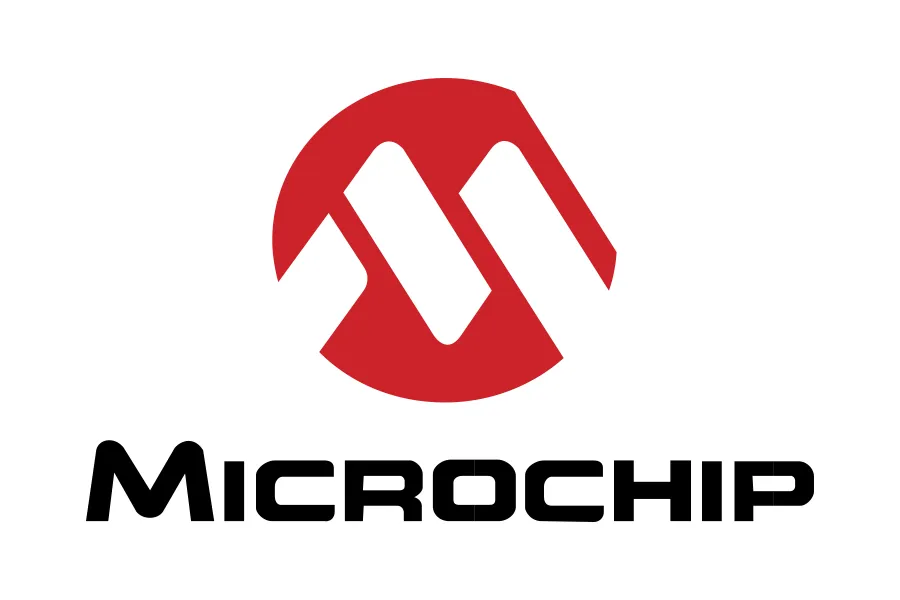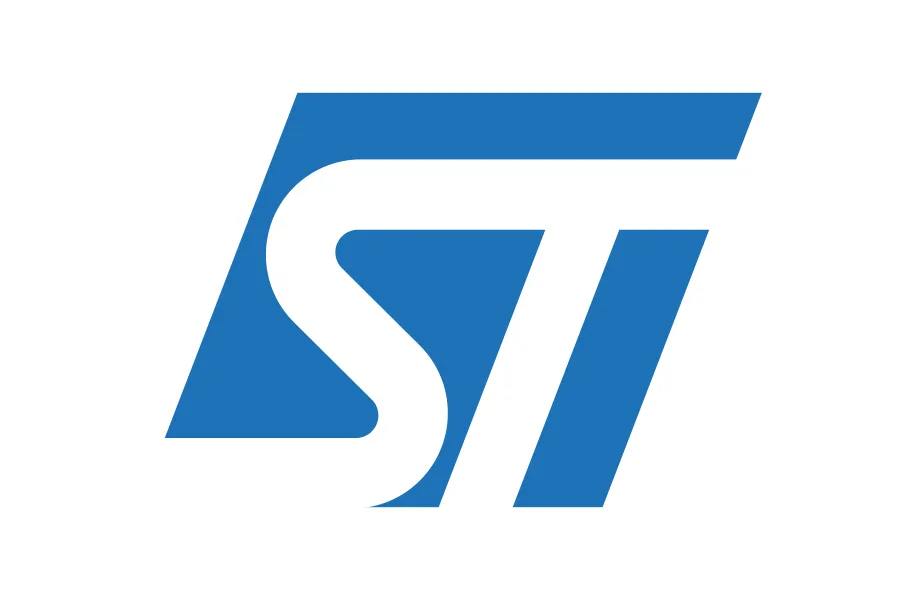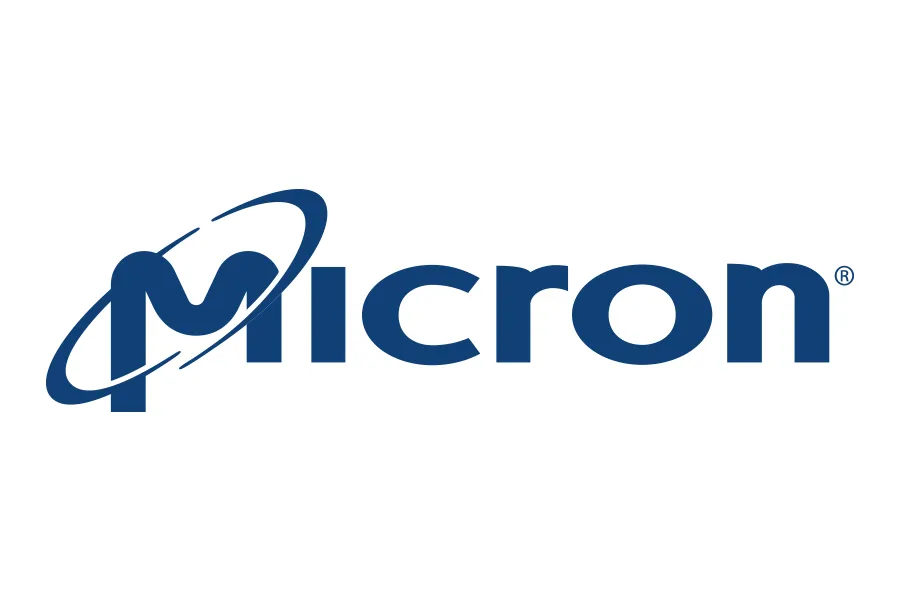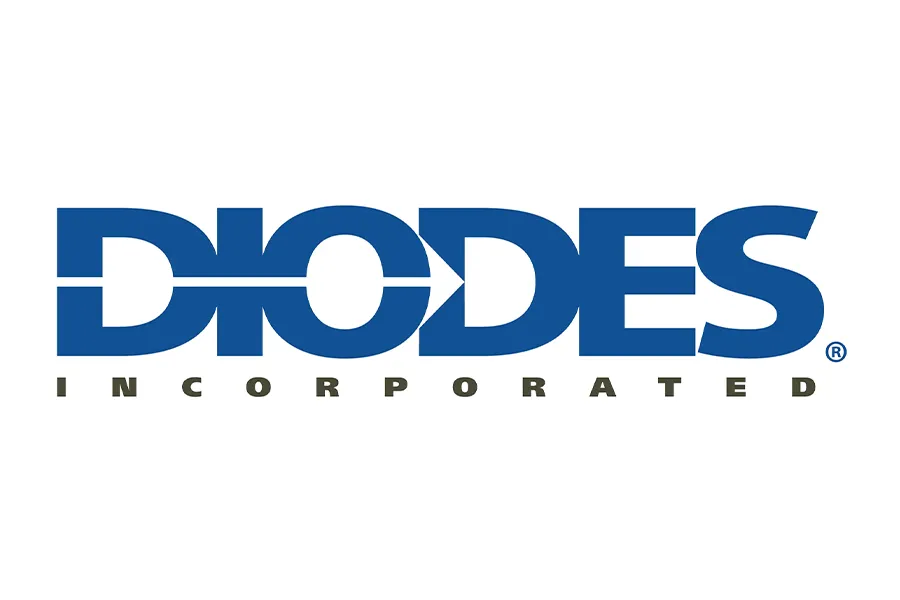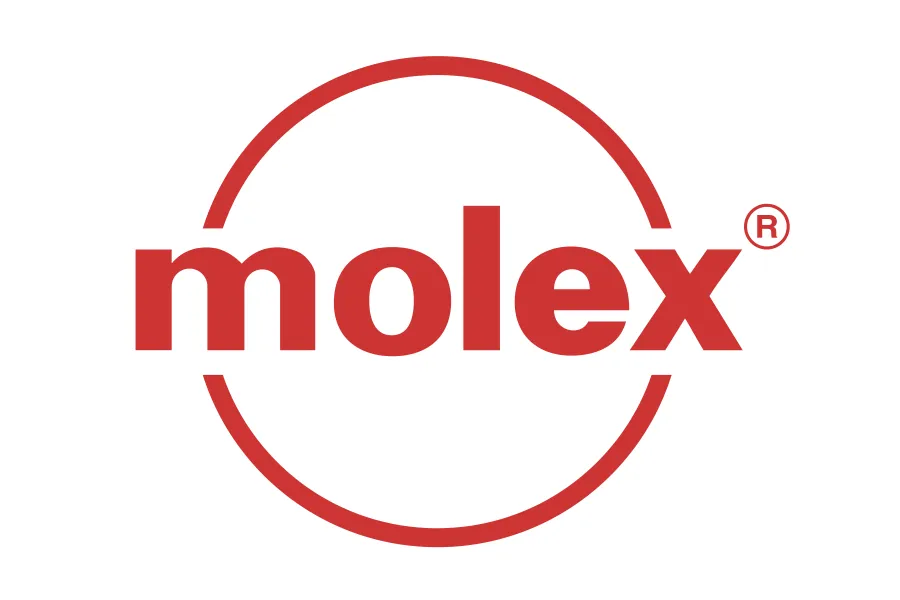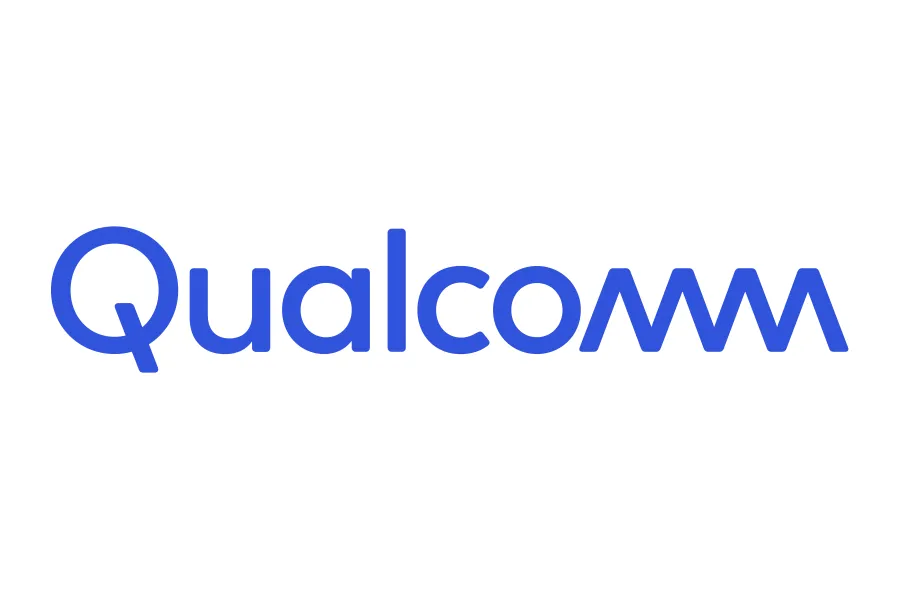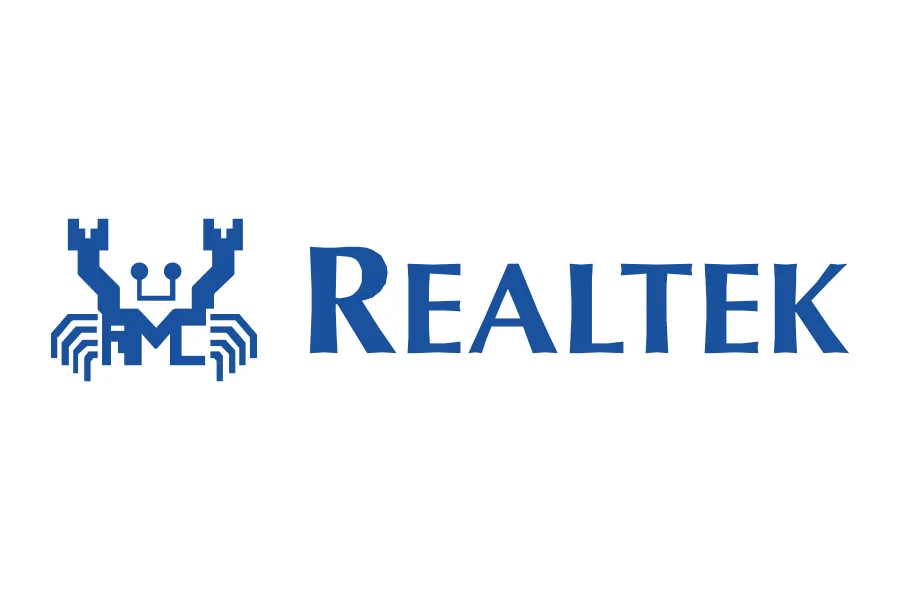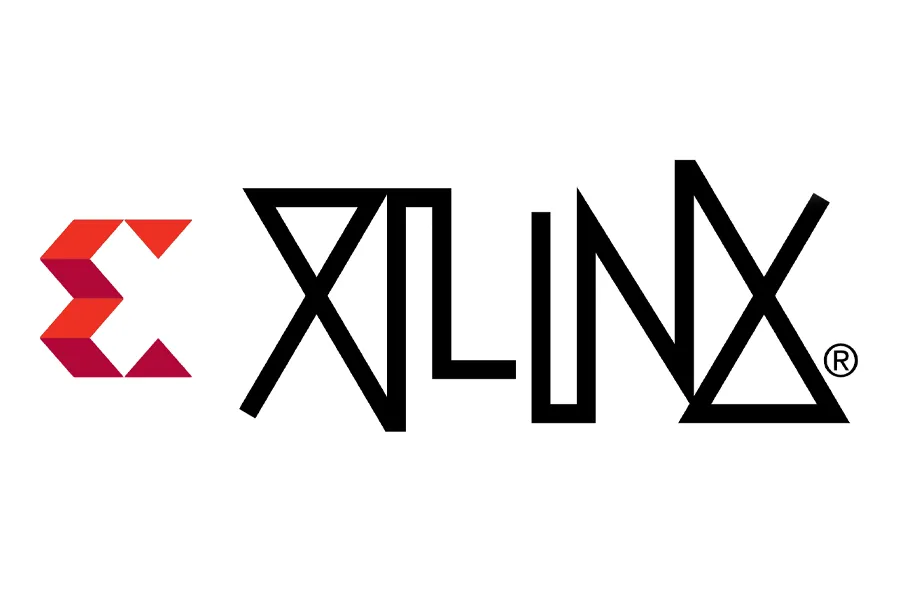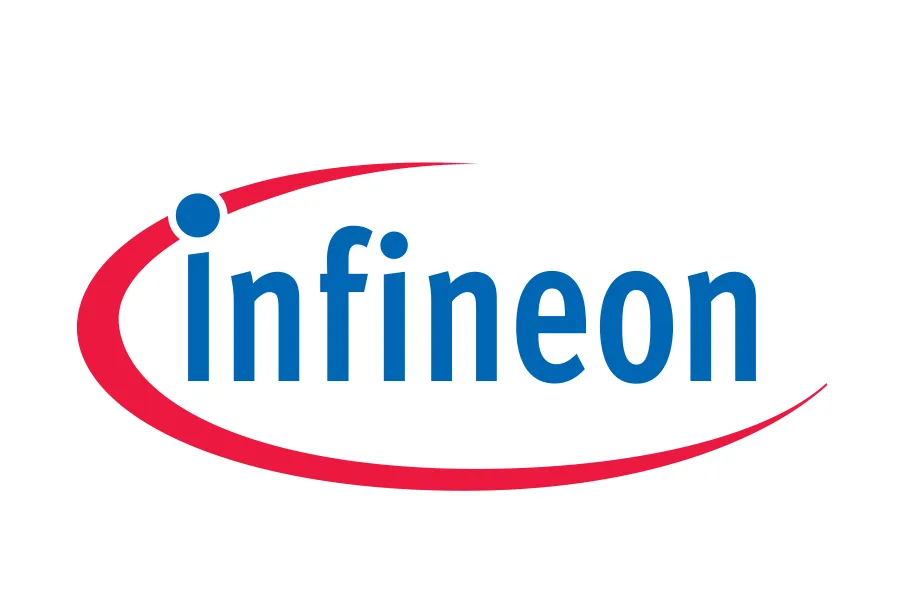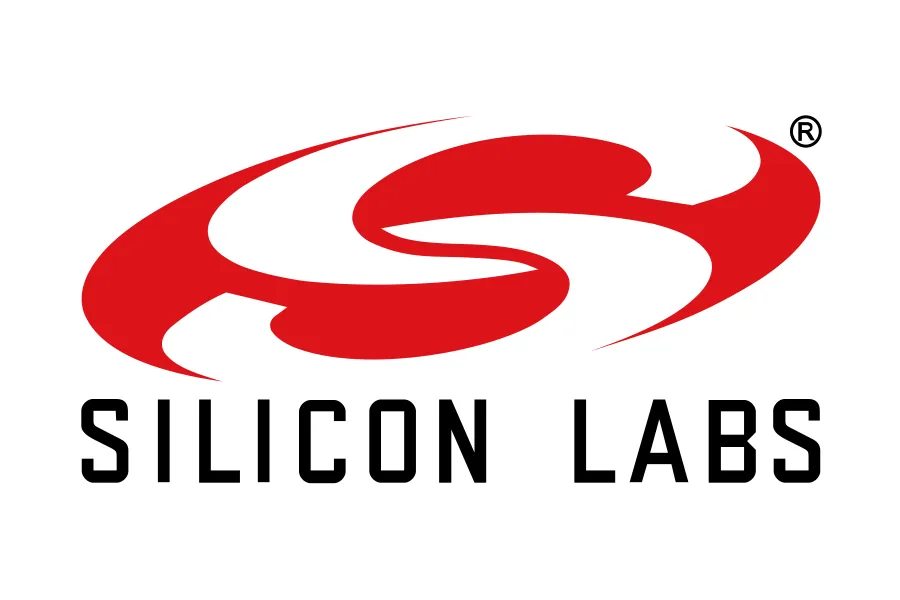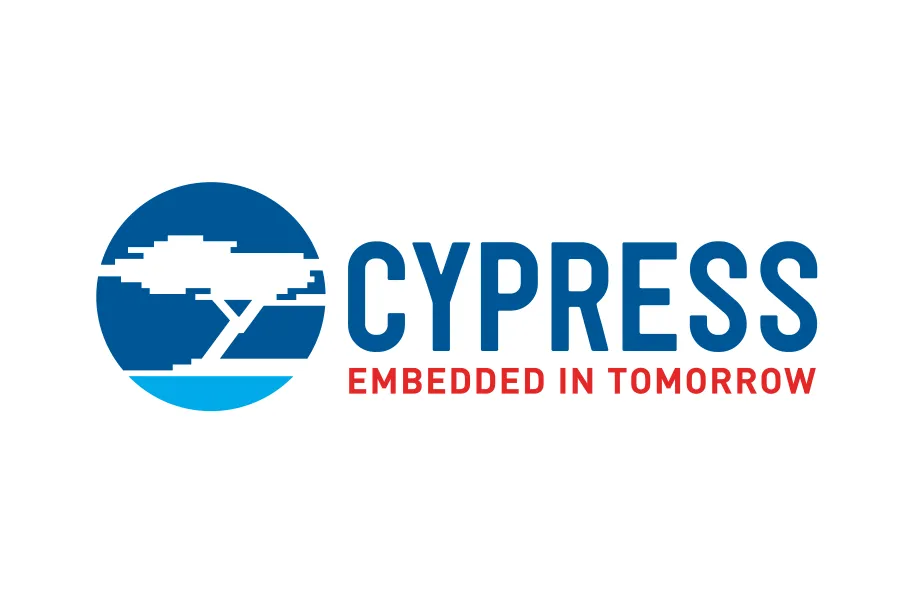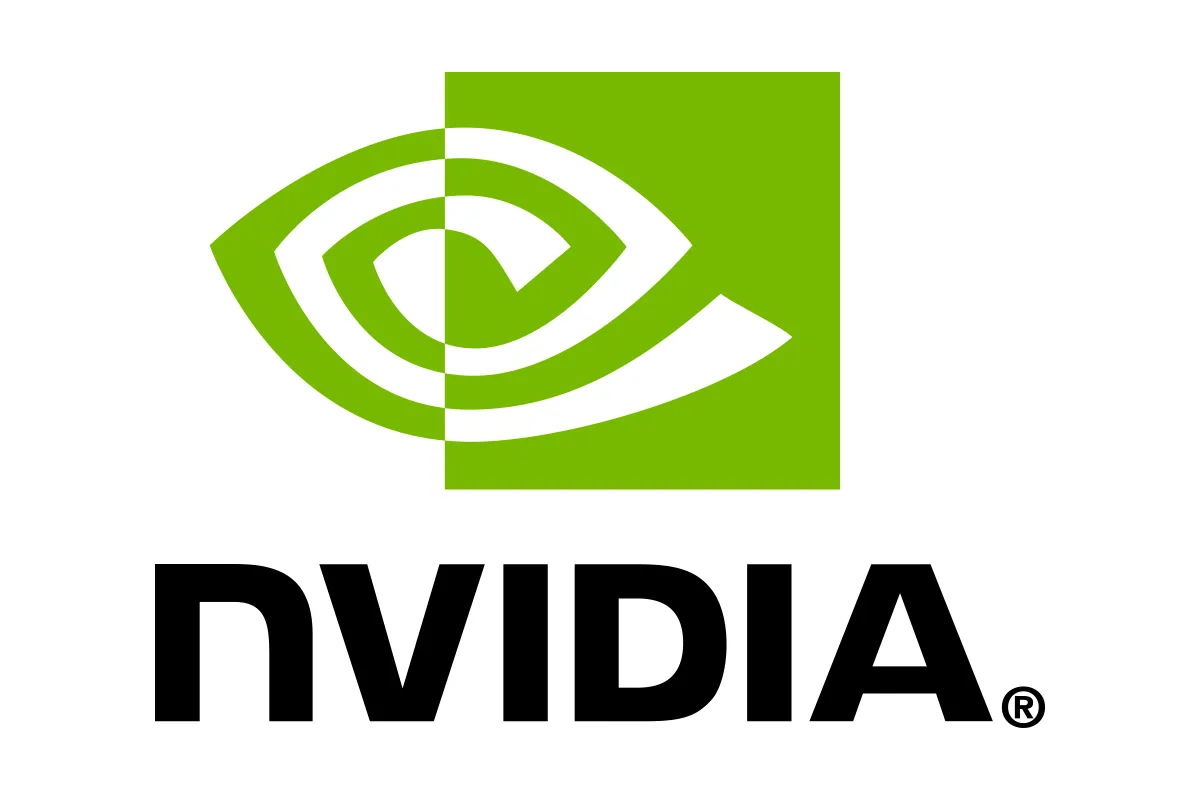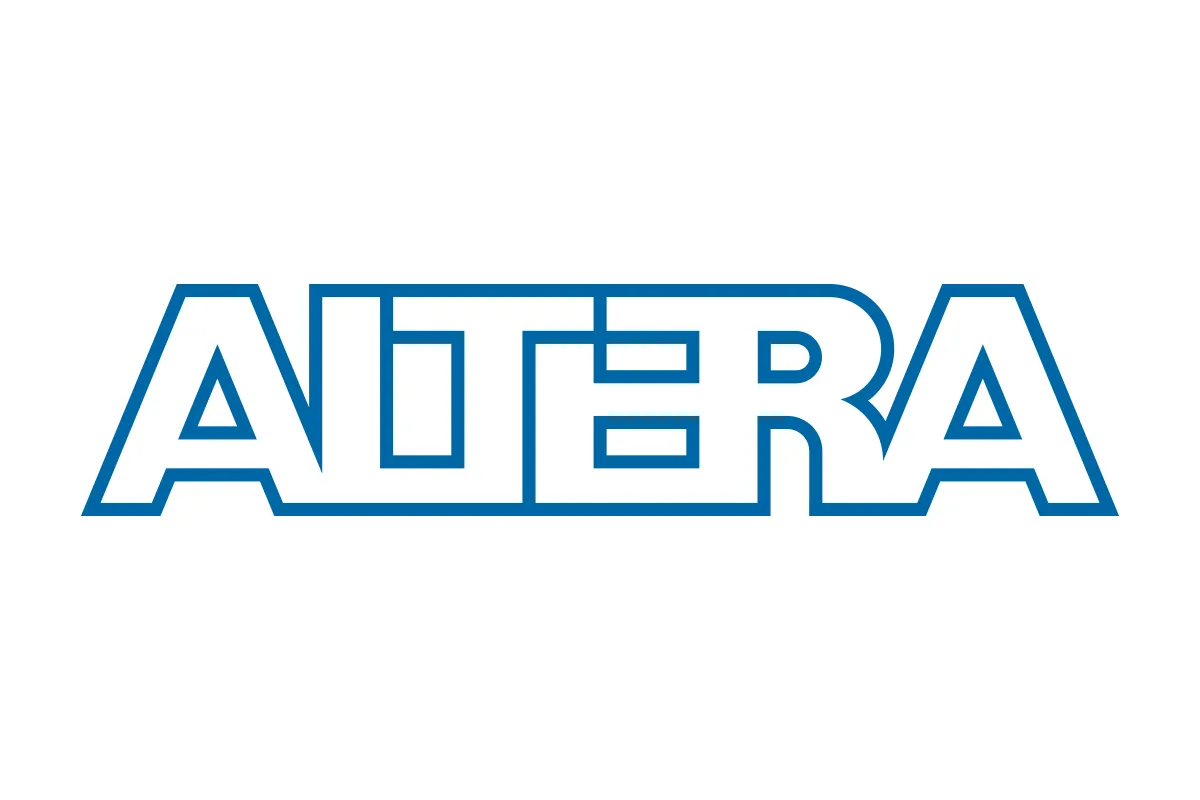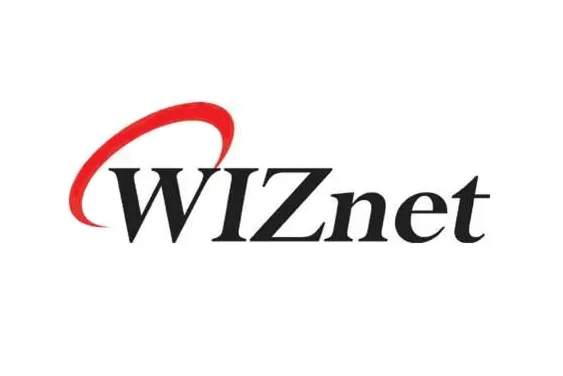Integrated circuits (ICs) are the fundamental building blocks of modern electronics, powering a vast array of devices that have transformed our world. From the smartphones in our pockets to the advanced systems that control our automobiles, ICs are the unsung heroes that enable the digital revolution we live in today.
In this comprehensive blog post, we will delve into the remarkable functions of integrated circuits, exploring how these tiny, yet incredibly complex, components have revolutionized the way we live, work, and communicate.
The Birth of Integrated Circuits
The story of integrated circuits began in the late 1950s, when engineers at Texas Instruments and Fairchild Semiconductor independently developed the first integrated circuits. These early ICs were relatively simple, containing just a few transistors and other components on a single semiconductor substrate.
The invention of the integrated circuit is widely regarded as one of the most significant technological breakthroughs of the 20th century, paving the way for the rapid advancements in electronics that we have witnessed over the past six decades.
The Evolution of Integrated Circuit Technology
Over the past 60 years, integrated circuit technology has undergone a remarkable transformation, driven by the relentless pursuit of miniaturization and increased performance.
In 1965, Gordon Moore, the co-founder of Intel, observed that the number of transistors on a single integrated circuit doubled approximately every two years, a trend that has become known as “Moore’s Law.” This exponential growth in transistor density has enabled the creation of ever-more powerful and compact electronic devices.
Scaling and Miniaturization
As integrated circuit technology has advanced, the size of individual components has shrunk dramatically. The first integrated circuits had transistors that were measured in microns (one-millionth of a meter), but today’s state-of-the-art ICs feature transistors that are just a few nanometers (one-billionth of a meter) in size.
This relentless scaling of transistor size has allowed for the integration of billions of transistors on a single chip, enabling the creation of more powerful, energy-efficient, and cost-effective electronic devices.
Increased Functionality
As integrated circuits have become more complex, they have also gained a remarkable range of functionalities. Modern ICs can perform a wide variety of tasks, including:
- Arithmetic and Logic Operations: ICs can execute basic mathematical operations, such as addition, subtraction, multiplication, and division, as well as logical operations like AND, OR, and NOT.
- Memory Storage: ICs can store and retrieve data, ranging from simple on-chip memory to sophisticated memory systems that can store vast amounts of information.
- Signal Processing: ICs can process and manipulate various types of signals, such as audio, video, and radio frequency (RF) signals, enabling the creation of advanced multimedia and communication systems.
- Power Management: ICs can efficiently manage and distribute power within electronic devices, ensuring optimal performance and energy efficiency.
- Sensor Integration: ICs can integrate various types of sensors, such as accelerometers, gyroscopes, and cameras, allowing for the development of sophisticated sensing and control systems.
Increased Integration and System-on-Chip (SoC) Designs
The evolution of integrated circuit technology has also led to the development of highly integrated System-on-Chip (SoC) designs. These ICs combine multiple functional blocks, such as a microprocessor, memory, and input/output interfaces, on a single chip, enabling the creation of highly compact and powerful electronic systems.
What is the Primary Function of Integrated Circuits
The primary function of integrated circuits (ICs) is to perform complex electronic functions in a compact and efficient manner. Integrated circuits serve as the core building blocks of modern electronic devices and systems. The key functions of integrated circuits include:
- Signal Processing: ICs are capable of performing various signal processing tasks, such as amplification, filtering, modulation, and demodulation. This allows them to handle and manipulate electronic signals for a wide range of applications.
- Data Processing: Integrated circuits, particularly microprocessors and microcontrollers, are designed to execute complex computational tasks and process data at high speeds. This enables them to power the “brains” of electronic devices, from smartphones to industrial control systems.
- Memory Storage: ICs can incorporate memory elements, such as RAM (Random Access Memory) and ROM (Read-Only Memory), to store and retrieve data and instructions required for the operation of electronic devices.
- Power Management: Specialized power management ICs are responsible for regulating, converting, and distributing power within electronic systems, ensuring efficient and reliable operation.
- Connectivity and Communication: Integrated circuits enable various communication protocols and interfaces, allowing electronic devices to exchange data and interact with each other, as well as with external systems.
- Sensor Integration: ICs can incorporate sensor elements or interface with external sensors, enabling electronic devices to gather and process data from the physical world.
- Control and Automation: Integrated circuits, particularly microcontrollers, are used to implement control algorithms and automate various processes in electronic systems, from home appliances to industrial machinery.
The versatility and integration capabilities of ICs have been instrumental in the development of a wide range of electronic devices and systems, driving the technological advancements that have transformed our world. The continuous improvements in IC design, manufacturing, and integration have been a key factor in the increasing complexity, functionality, and miniaturization of modern electronics.
The Diverse Applications of Integrated Circuits
Integrated circuits have become ubiquitous in our modern world, powering a vast array of electronic devices and systems across numerous industries.
Consumer Electronics
Integrated circuits are the backbone of consumer electronics, enabling the development of increasingly sophisticated and compact devices. From smartphones and tablets to smart home appliances and wearable technology, ICs are responsible for the advanced features and capabilities that we have come to expect in our everyday gadgets.
For example, the latest smartphone SoCs integrate multiple high-performance CPU cores, advanced graphics processing units (GPUs), dedicated neural processing units (NPUs) for machine learning, and a wide range of other functionalities, all on a single chip.
Automotive Electronics
The automotive industry has been revolutionized by the integration of ICs, with modern vehicles featuring a vast array of electronic systems and components. From engine management and safety systems to infotainment and driver assistance features, ICs are the backbone of the increasingly complex and intelligent vehicles we drive today.
Advanced automotive ICs can handle tasks such as monitoring and controlling engine performance, managing power distribution, and processing data from various sensors to enable features like adaptive cruise control, lane-keeping assistance, and autonomous driving capabilities.
Industrial and Automation Systems
Integrated circuits play a crucial role in industrial and automation systems, enabling the precise control, monitoring, and optimization of various processes. ICs are found in programmable logic controllers (PLCs), industrial robots, and a wide range of other industrial equipment, allowing for increased efficiency, reliability, and safety.
In the field of industrial automation, ICs are used to control motors, sensors, and other components, as well as to perform complex data processing and communication tasks, ensuring the smooth operation of manufacturing and production facilities.
Medical and Healthcare Technologies
Integrated circuits have also revolutionized the medical and healthcare industries, enabling the development of advanced diagnostic tools, therapeutic devices, and patient monitoring systems. From implantable pacemakers and defibrillators to portable medical imaging equipment and wearable health trackers, ICs are at the heart of many life-saving and life-improving technologies.
ICs in medical devices can perform tasks such as signal processing, data analysis, and wireless communication, allowing for more accurate diagnoses, personalized treatments, and better patient outcomes.
Military and Aerospace Applications
The military and aerospace sectors have been early adopters of integrated circuit technology, leveraging its capabilities to enhance the performance and capabilities of various systems. ICs are found in a wide range of military and aerospace applications, including communication systems, navigation and guidance systems, surveillance and reconnaissance equipment, and advanced weapons systems.
The high-performance, reliability, and miniaturization enabled by ICs are crucial for the demanding requirements of military and aerospace applications, where size, weight, and power consumption are critical factors.
The Impact of Integrated Circuits on Society
The widespread adoption of integrated circuits has had a profound impact on our society, transforming the way we live, work, and interact with the world around us.
Increased Accessibility and Affordability
The continuous advancements in integrated circuit technology have led to a significant reduction in the cost and size of electronic devices, making them more accessible to a wider population. This has enabled the democratization of technology, allowing people from all walks of life to benefit from the capabilities and conveniences offered by modern electronics.
The affordability and ubiquity of ICs have played a crucial role in bridging the digital divide, empowering underserved communities and fostering greater social inclusion.
Improved Quality of Life
Integrated circuits have had a tangible impact on our quality of life, enhancing the way we communicate, access information, manage our health, and interact with our environment. From the life-saving capabilities of medical devices to the convenience of smart home technologies, ICs have transformed the way we live, work, and play.
Improved Quality of Life (continued)
Integrated circuits have had a tangible impact on our quality of life, enhancing the way we communicate, access information, manage our health, and interact with our environment. From the life-saving capabilities of medical devices to the convenience of smart home technologies, ICs have transformed the way we live, work, and play.
For example, the integration of ICs in modern healthcare solutions has enabled the development of portable, wearable devices that can continuously monitor a patient’s vital signs and alert medical professionals in case of emergencies. This has led to earlier detection and better management of chronic conditions, ultimately improving patient outcomes and quality of life.
Advancements in Scientific Research and Innovation
Integrated circuits have also played a pivotal role in advancing scientific research and innovation across various fields. From the powerful computing capabilities of modern supercomputers to the sophisticated instrumentation used in cutting-edge scientific laboratories, ICs have been instrumental in enabling groundbreaking discoveries and technological breakthroughs.
In the field of scientific research, ICs have facilitated the development of advanced analytical tools, high-speed data processing, and complex simulation and modeling capabilities, allowing scientists to push the boundaries of human knowledge and understanding.
Environmental Sustainability and Energy Efficiency
Integrated circuits have also played a significant role in promoting environmental sustainability and energy efficiency. The continuous advancements in IC technology have led to the development of more energy-efficient electronic devices, reducing their carbon footprint and contributing to the global effort to address climate change.
For instance, the integration of power management ICs in renewable energy systems, such as solar panels and wind turbines, has improved the efficiency and reliability of these technologies, making them more viable and accessible to a wider population.
Conclusion
As we look to the future, the continued evolution of integrated circuit technology promises even more remarkable advancements and transformative applications. The development of quantum computing, neuromorphic computing, and the integration of artificial intelligence and machine learning capabilities within ICs will undoubtedly shape the future of computing and electronic systems.
Integrated circuits have been the backbone of the digital revolution, empowering us with unprecedented capabilities and transforming the way we live, work, and interact with the world around us. From the increased accessibility and affordability of electronic devices to the advancements in scientific research and environmental sustainability, ICs have had a profound impact on our society.
As we continue to push the boundaries of integrated circuit technology, we can expect to witness even more remarkable innovations that will further enhance our quality of life, drive scientific progress, and contribute to a more sustainable future. The story of integrated circuits is one of constant evolution, innovation, and the relentless pursuit of pushing the limits of what is possible with electronics.
In conclusion, integrated circuits are the unsung heroes of the digital age, quietly powering the devices and systems that have revolutionized our world. As we embrace the future, the remarkable functions of these tiny, yet incredibly complex, components will continue to shape the course of human progress, ushering in a new era of technological wonders.


